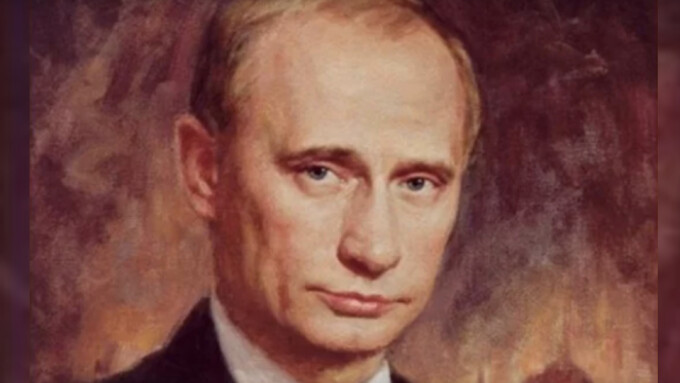MOSCOW — The Russian government’s internet regulatory agency, Roskomnadzor, has announced it will be slowing down Twitter service in the country, alleging that the platform has “ignored requests to take down material harmful to children,” including adult content.
Regional experts, however, are skeptical of the excuse and place the throttling of Twitter — and a threat to ban it altogether — in the context of President Vladimir Putin’ attempts to control the influence of foreign-owned social media over Russian public opinion.
“Social media companies, regardless of country of origin, are coming under increasing scrutiny by the Kremlin, which views them as rivals to the dominant state-run news outlets,” NPR reported today.
In January, Roskomnadzor announced social media — including Facebook, YouTube, TikTok and Russia's VKontakte — would face fines “for inciting minors to take part in unauthorized rallies demanding the release of imprisoned opposition leader Alexei Navalny.”
The head of Navalny's Moscow office, NPR reported, “tweeted that the Twitter slowdown was just the start of a large-scale offensive by authorities to assert control over — and ultimately block — social media.”
A member of the committee on informational policy in the Duma, Russia's lower house of parliament, boasted that the attack on Twitter should “serve as an example to all the others who don't observe Russian legislation.”
A 'Moral' Excuse for Political Censorship
Like many American crusaders against Section 230 protections, the Russian censorship body Roskomnadzor claims this attack on free expression has as its goal to “save the children.”
Roskomnadzor claims that “since 2017, Twitter disregarded more than 28,000 requests to delete content that encourages minors to commit suicide, contains child pornography or provides information on drug use.”
Roskomnadzor claimed that their flagging adult content is not inconsistent with free speech since it “is not permitted under the company's rules.”
Twitter has exercised a controversial “toleration policy” to legal adult content, by which its explicit prohibition under the terms of services is not actively enforced.
According to NPR, the Kremlin “has repeatedly used the protection of minors as a pretext to limit free expression. At a meeting with young people last week, Putin said that tech companies had to follow the ‘moral laws of our society’ — or Russian society would collapse.”
Putin closed 2020 by signing a comprehensive censorship law that would allow for sweeping actions under supposed “moral grounds.”
Main Image: Official oil portrait of Russian President Vladimir Putin.







